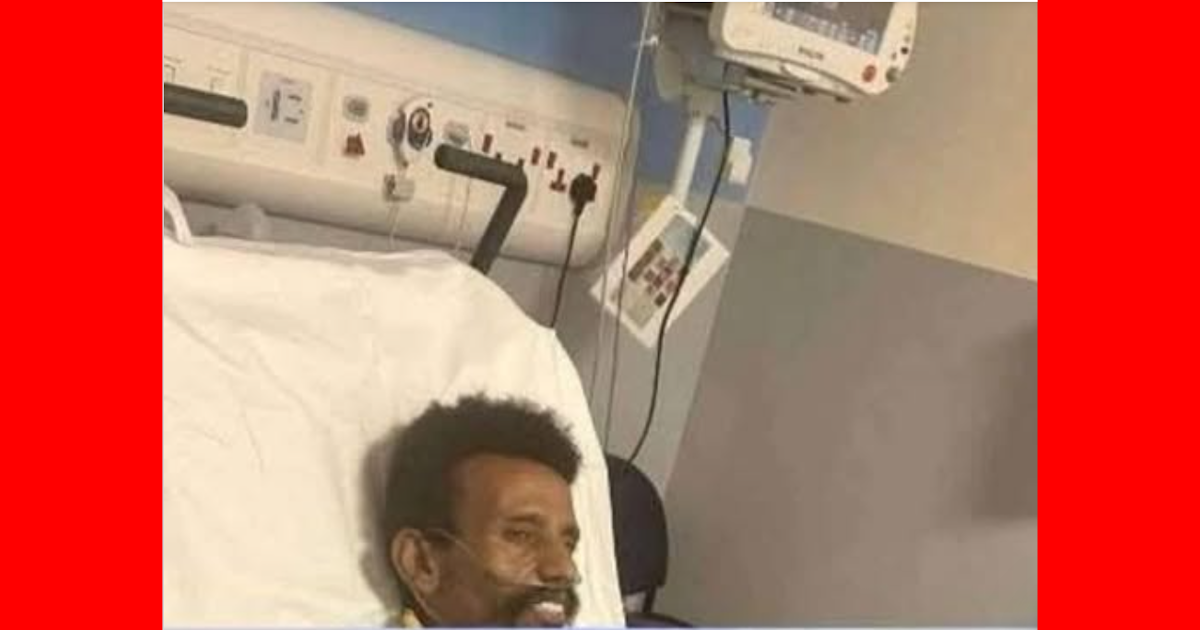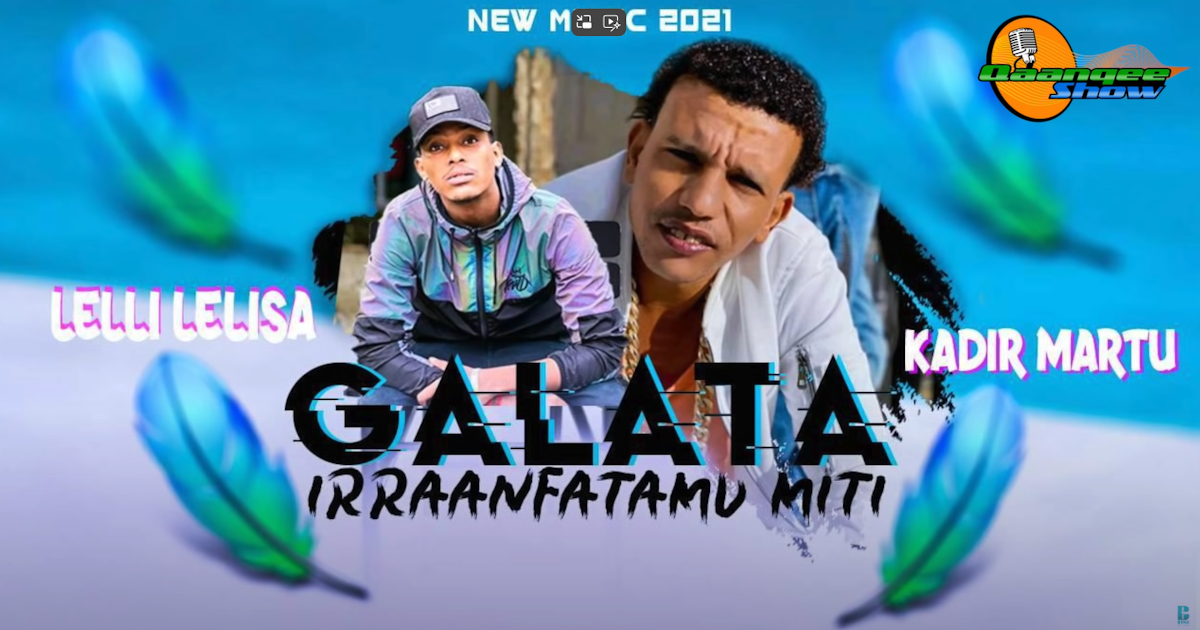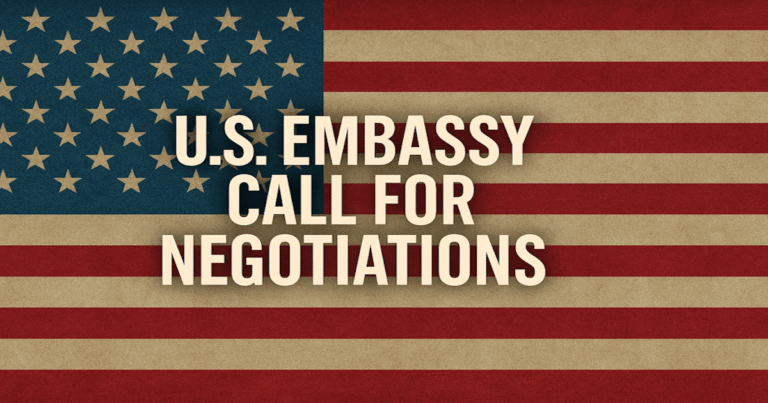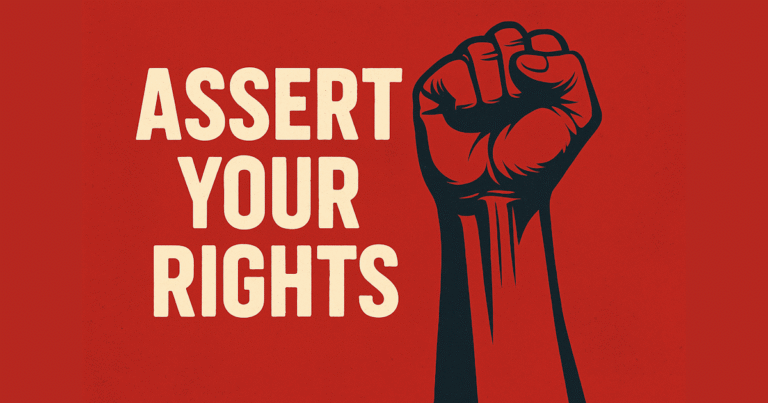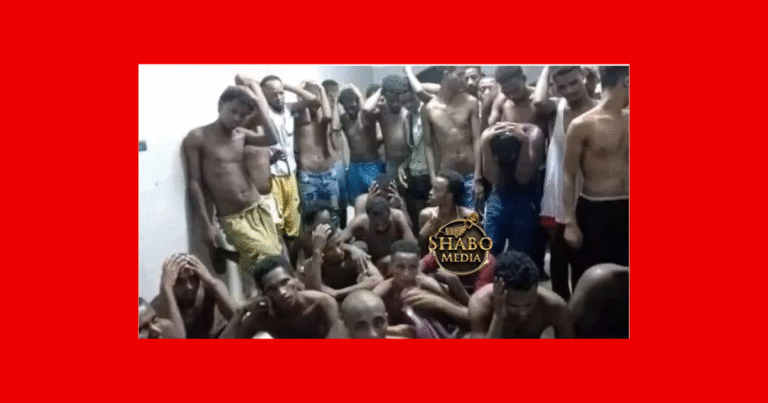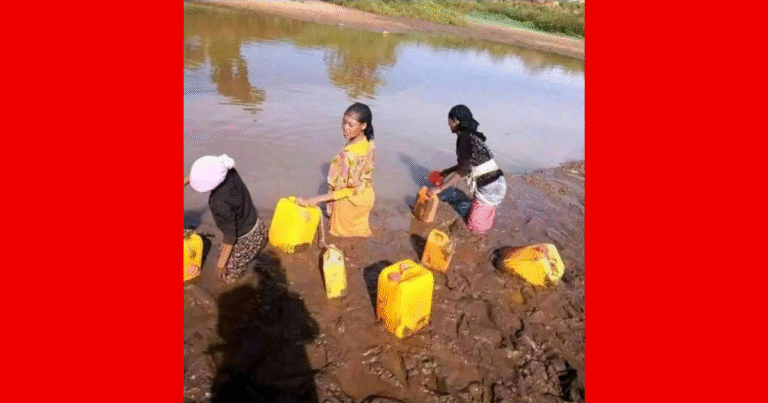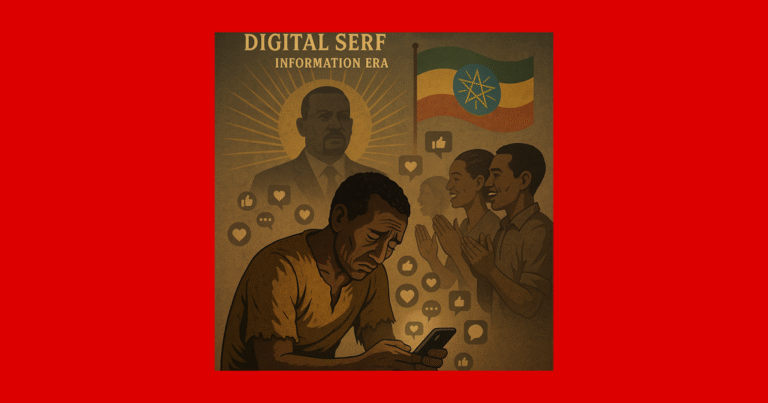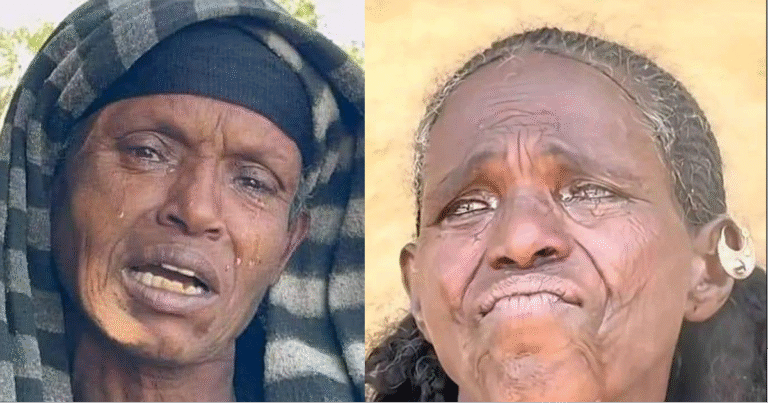We write this letter as professionals and human beings—across diverse fields, including psychiatry, psychology, arts, human rights, history, law, medicine, sciences, conflict resolution, and public health. Though we write from a distance, our concern is intimate, our commitment sincere. We speak not just as observers of trauma but as witnesses to a national soul in pain.
Kadir Martu is not merely a patient; he is a vessel of a people’s memory, a living witness to a historic moment of hope and heartbreak. He is a man burdened not by private dysfunction, but by the collapse of a collective dream—a dream he helped shape, voice, and carry.
He did not stand on the sidelines of the Oromo Resistance (2014–2018); he was one of its cultural architects. Through songs like Galata Irraanfatamu Miti—“The Thank You That Won’t Be Forgotten”—he etched the names of the fallen Qeerroo and Qarree (Q&Q) youth into history with melody and grief. Over 5,000 souls perished, but through his music, their sacrifice found dignity, and their families, a sense of shared honor. Kadir also acknowledged the WBO for keeping the dreams of the Oromo people alive and for giving voice to the many who could no longer speak.
He did not just write music; he gave his very self to the struggle.
Then came a near-victory. A chance at liberation. A breath of freedom. Only for it all to be dashed—snatched by a new regime that has since betrayed the promise of Oromo justice. Then came the horror that broke so many hearts: the assassination of artist and activist Hacaaluu Hundeessaa. That single bullet did not kill one man—it killed the very belief that change had finally come. For Kadir, who had already endured beatings and trauma under the EPRDF regime, and still suffering from as persistent pain, this moment was not just tragic—it was devastating. It shattered whatever fragile faith he had left in the path of justice and freedom.
Kadir was not just traumatized—he was spiritually ruptured.
His identity, so deeply tied to the liberation of his people, was caught in a cruel paradox: he had arrived at the gates of freedom, only to find them welded shut by the current brutal regime of Ethiopia.
This is where we humbly urge you to consider a different clinical lens.
Kadir’s anguish is not rooted in a personal pathology. It is not reducible to standard DSM classifications or singular traumatic events. His distress stems from collective trauma, from moral injury, and from existential dislocation tied to national betrayal.
He embodies a very rare form of pain: the pain of a soul who sang a revolution into being—only to watch it be devoured.
Treating him without context risks misdiagnosis. Healing him demands witnessing.
We suggest approaching his care with:
-
Narrative and art-based therapies that allow him to retell, reframe, and reweave meaning from the threads of his loss.
-
Psycho-political frameworks, rare but increasingly recognized, that understand distress within structural, historical, and collective suffering.
-
Community therapy or dialogue with others from the Oromo struggle—so he knows his grief is not isolated, not abnormal, not his alone to bear.
-
Most importantly: Recognition—of who he is, what he gave, and what he lost.
He does not need to be told he is broken. He needs to be reminded he is loved, valued, and deeply understood.
And allow us to close with this message—not a diagnosis, but a tribute—from all of us, to him.
To Kadir Martu – Our Unforgotten Voice
You gave us Galata Irraanfatamu Miti—
A thank you carved into the soul of a people.
A thank you that does not fade,
Like the memory of the Q&Q who walked into bullets so we might breathe.
Today, we echo it back to you.
Thank you, Kadir.
For the songs that held our grief when words failed.
For the courage to praise the fallen
and lift the flag of the forgotten.
As you once thanked the Q&Q,
we now thank you—with the same fire,
with the same promise that your name, too, will never be forgotten.
We honour you. We recognize your scars,
etched by betrayal, by silence, by dreams deferred.
And we feel your pain—because it is our own.
May this knowing sit beside you.
May it whisper, even when the world is quiet:
You are not alone.
You are seen.
And you are deeply, endlessly loved.
To those caring for him, we say: Please, see beyond the chart.
To Kadir, we say: Your music did not fall into silence. We are here. We remember. We thank you.
With enduring respect and solidarity,
A Collective of Distant Witnesses and Professionals, Writing in Reverence
Acknowledgement
This letter was inspired after watching a dedicated program on Shabo Media highlighting the situation of Kadir Martu. We extend our heartfelt thanks to Shabo Media, to Gaammee Galgaloo, the thoughtful presenter, and to Shabo Jr., the person behind the camera, for courageously taking the lead in bringing this vital issue to light. Your work helped stir the conscience that shaped these words.
Important
If you wish to support Kadir—whether through donations or other means—please reach out to Shabo Media or visit their Facebook page (link shown below) for any guidance. We will also provide specific updates here as they become available.
Related Reference
- Interview Dedicated to Kadir Martu on Shabo Media, Sagantaa Addaa Artiistoota Kadir Sa’id fi Dirrisaa Ellemoo Waliin – Seenaa, Qooda, fi Fakkenya Artiistii Kadir Martuu Qabsoo Oromoo Keessatti Qabuu, ShaboMedia Oromiya, Nay 1, 2025.

